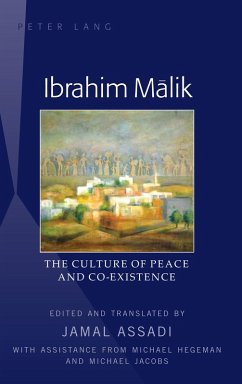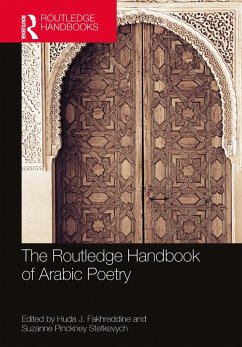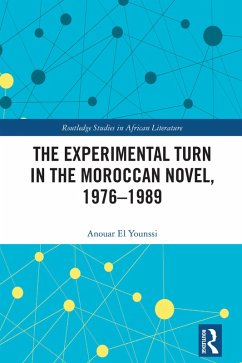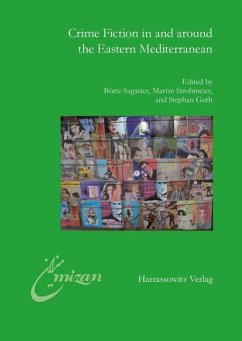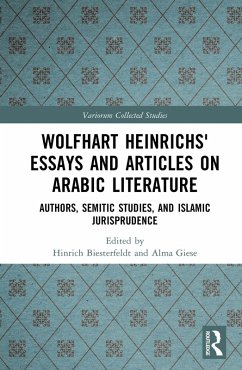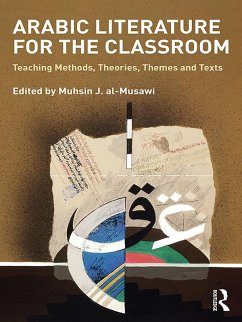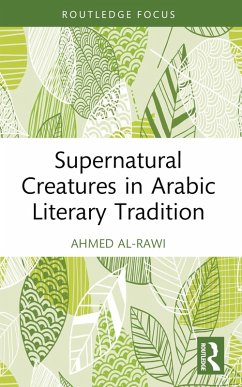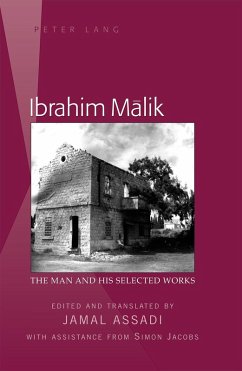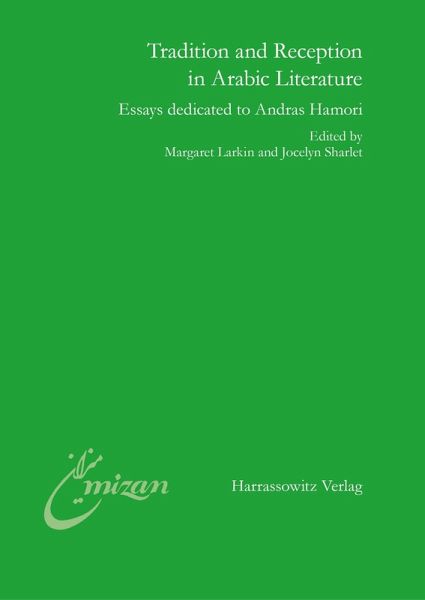
Tradition and Reception in Arabic Literature (eBook, PDF)
Essays dedicated to Andras Hamori
Redaktion: Larkin, Margaret; Sharlet, Jocelyn

PAYBACK Punkte
0 °P sammeln!
Arabic literature is always an expression of its continued literary heritage. This volume, edited by Margaret Larkin and Jocelyn Sharlet, investigates innovative ways in which poets and writers challenge our understanding of the Arabic tradition in the global humanities. Chapters on poetry explore a formal rebellion against the critical tradition and the use of intertextuality and diverse genres. The reception of the "worst poem" by the great poet al-Mutanabb¿ that could also be viewed as one of his best, is analysed as well as the use of the tradition to express mystical ideas. Chapters on l...
Arabic literature is always an expression of its continued literary heritage. This volume, edited by Margaret Larkin and Jocelyn Sharlet, investigates innovative ways in which poets and writers challenge our understanding of the Arabic tradition in the global humanities. Chapters on poetry explore a formal rebellion against the critical tradition and the use of intertextuality and diverse genres. The reception of the "worst poem" by the great poet al-Mutanabb¿ that could also be viewed as one of his best, is analysed as well as the use of the tradition to express mystical ideas. Chapters on language examine the origins of caseless Arabic in a tradition that values the use of case in poetry, scripture, and other prose, and different scholars' systems of investigation. Chapters on prose literature analyze the relationship between the Persian and Arabic traditions in the work of Ibn al-Muqaffä, court writer of fiction and political thought, and the role of legal procedure, witnesses, and written evidence in the work of a judge and writer. Three chapters on the "Arabian Nights" analyze the unusual figure of the female rogue in two story cycles within and beyond the "Nights", psychoanalytical intertextuality of the "Nights" and Proust, and the role of recognition in the reception of the "Arabian Nights" in scholarship, fiction, theater, and cinema from around the world.
Dieser Download kann aus rechtlichen Gründen nur mit Rechnungsadresse in A, B, BG, CY, CZ, D, DK, EW, E, FIN, F, GR, HR, H, IRL, I, LT, L, LR, M, NL, PL, P, R, S, SLO, SK ausgeliefert werden.




